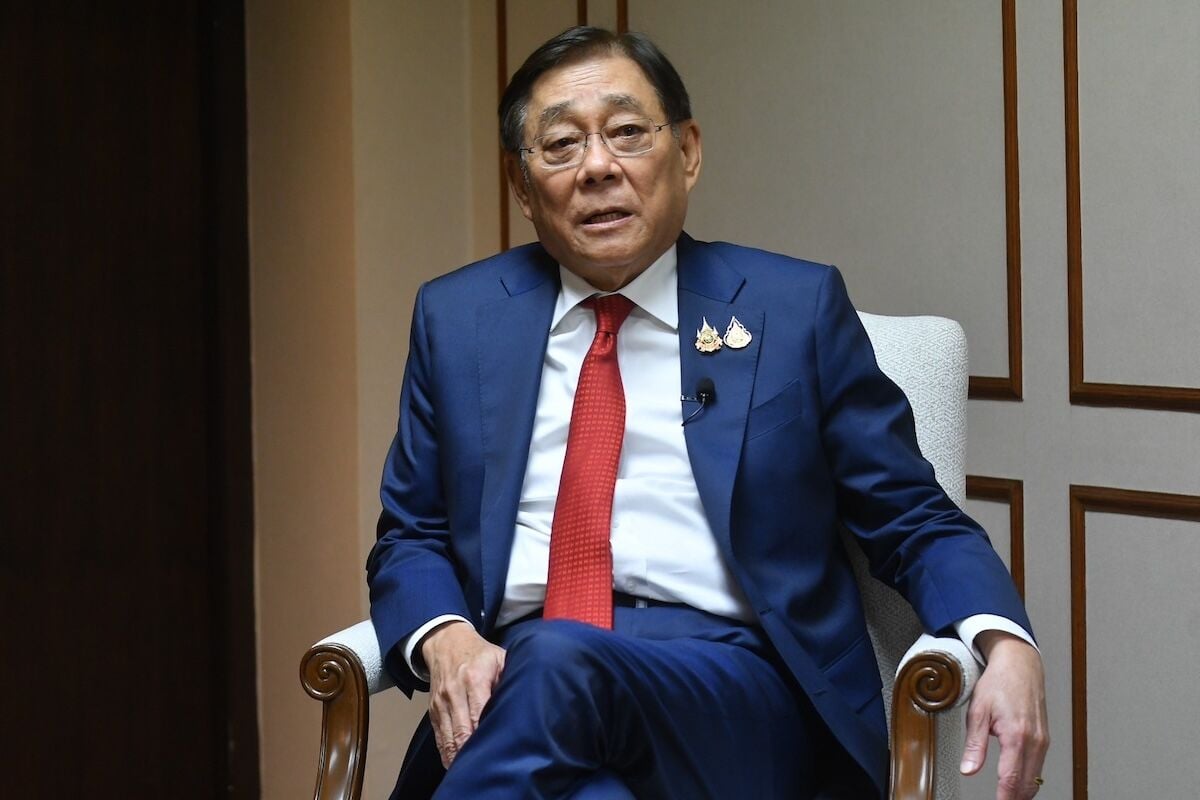Thailand boosts local content in industries amid US-China trade tensions

Finance Minister Pichai Chunhavajira is advocating for increased utilisation of domestic raw materials by businesses and the promotion of Thai ownership within supply chain companies. This initiative is part of a broader strategy to enhance the competitiveness of local industries by offering privileges through the Board of Investment (BoI).
Pichai, serving as the chairman of the BoI, emphasised the importance of industries investing in Thailand to incorporate more locally-produced components, referred to as local content. This policy is intended to strengthen the requirement for BoI investment promotion incentives, which already mandate a certain level of local content, particularly focusing on downstream industries.
He stated that in sectors where large companies procure domestic raw materials for local production, there must also be an increase in Thai ownership. The BoI is actively seeking to integrate this condition into the incentive scheme to ensure the benefits are reciprocated effectively.
The US-China trade war has notably influenced foreign investor activity, with many opting for Thailand as a strategic investment base. This has resulted in a surge of BoI applications, marking a significant rise last year, as confirmed by Pichai.
“The US-China trade war has led to an influx of foreign investors choosing Thailand as a base for investment, increasing BoI applications last year.”
Local content
Data from the BoI highlights a 43% increase in Thailand’s total investment applications in 2023, reaching a five-year peak of 848 billion baht (US$24.4 billion). China emerged as the leading foreign investor, contributing investments worth 159 billion baht (US$4.5 billion), primarily in the electronics, automotive, and electric vehicle (EV) sectors. Following China, significant investors included Singapore, the United States, and Japan.
Pichai underscored the necessity for investors seeking BoI support to enhance the local content within their production processes to qualify their products as domestically manufactured.
“This approach requires us to promptly make improvements, ensuring products manufactured in Thailand contain a high proportion of local content. When this is achieved, ownership structures should also be Thai-owned, rather than merely assembling imported parts within the country.”
Efforts by the BoI to encourage foreign EV manufacturers to establish production bases in Thailand are ongoing. The aim is to boost the use of locally produced components, with the current local content ratio at approximately 40% and an ambitious target to exceed 60%.
On November 7, a significant collaboration was undertaken with GAC AION, a prominent Chinese EV manufacturer.
The partnership, celebrated during the AION Sourcing Day, aims to integrate Thai parts manufacturers into the EV supply chain, fostering business negotiations and strengthening Thailand’s position as a comprehensive EV production hub in the ASEAN region, reported Bangkok Post.
This initiative encompasses domestic parts sourcing, production subcontracting, technology transfer, and joint ventures with foreign companies, ensuring mutual benefits for all stakeholders involved.
Latest Thailand News
Follow The Thaiger on Google News:


























